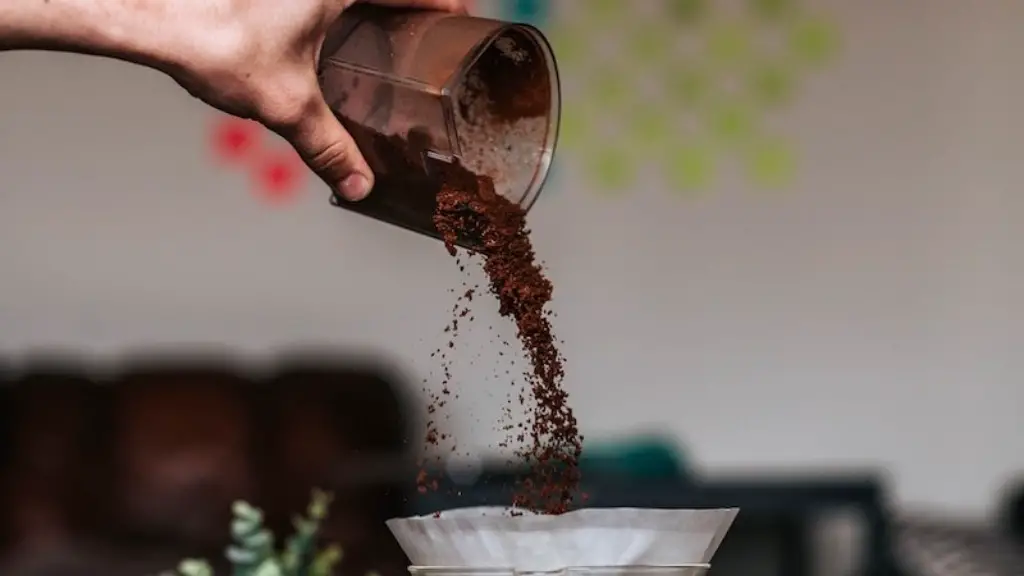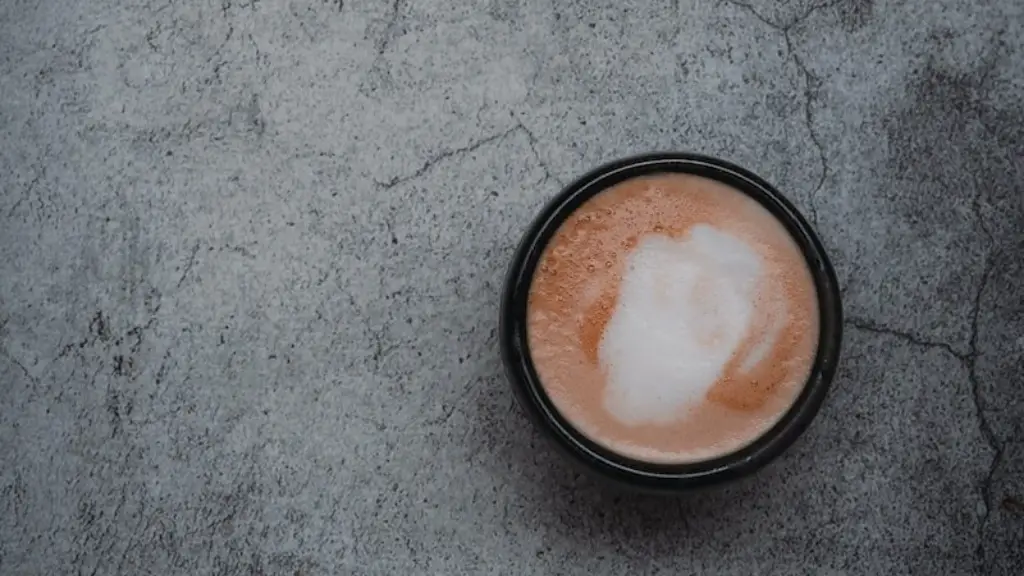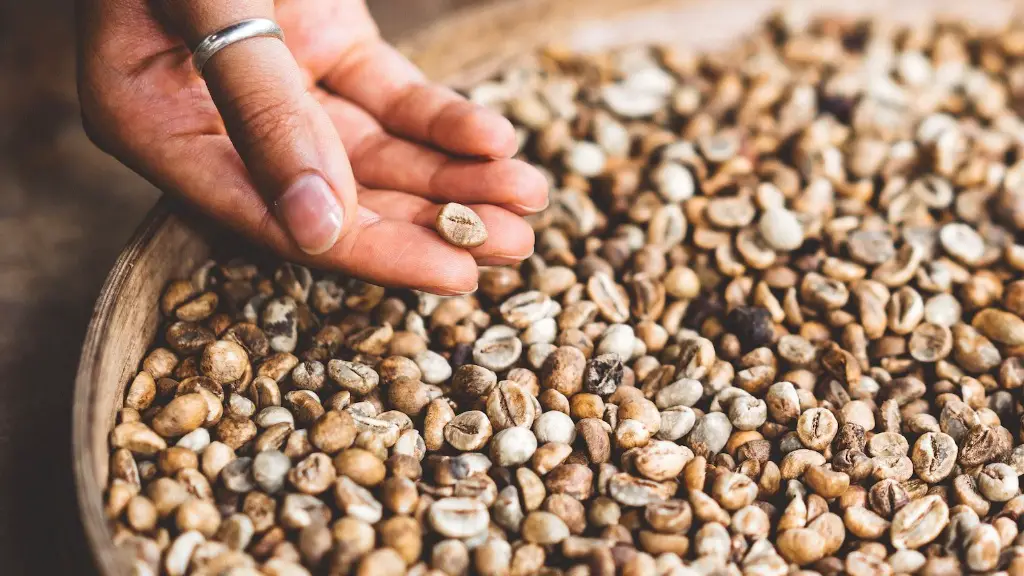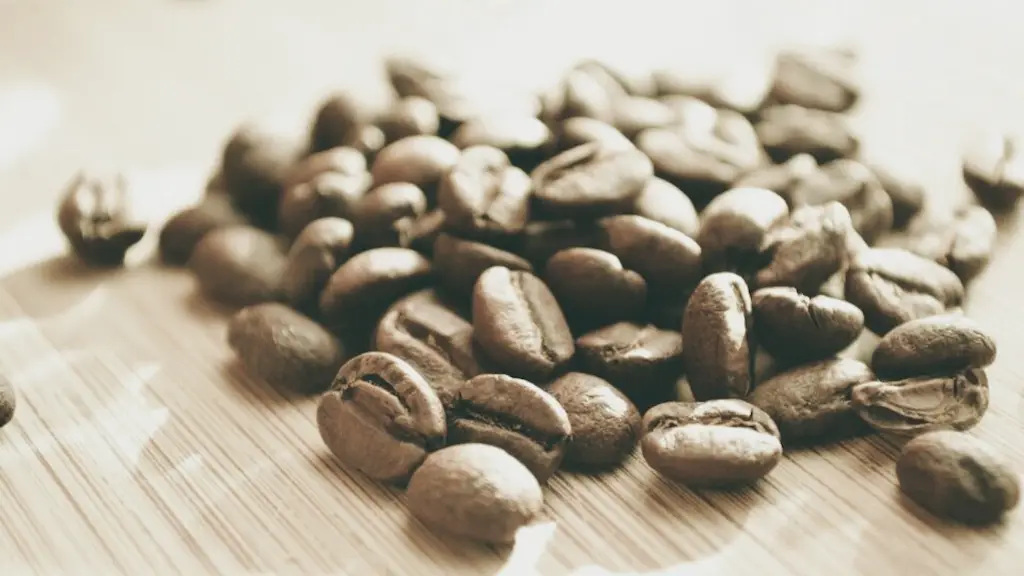Where do Starbucks get their Coffee?
Starbucks has been known for its quality coffee since it opened its doors more than four decades ago. Many customers are curious to know where the company sources its beans. Does Starbucks grow their own coffee beans? Let’s take a closer look at the answer.
Most of Starbucks beans are acquired from third-party suppliers. While the popular coffee giant has experimented in the past with its own farms, the program has since been abandoned. As of 2020, Starbucks sources its beans from countries that span around the globe, including Colombia, Panama, Indonesia, Ethiopia and Guatemala.
In an effort to guarantee the highest levels of quality for its beans, the company follows a strict set of ethical standards to vet its suppliers. Starbucks seeks out suppliers who are compliant with rigorous measures for crop safety, employee safety, pollution control and labor standards.
In order to ensure the same premium taste consumers expect from its products, Starbucks also maintains a team of green coffee experts. This team ensures the beans are sourced from the same regions to maintain a consistent profile. To do this, experts travel to farms to conduct sensory evaluations, making sure beans meet their quality standards.
Maintaining relationships with trusted third-party suppliers also saves Starbucks the immense financial burden of launching its own nurseries. While Starbucks has spent millions of dollars in the past on its own bean nurseries, the cost of supplies, labor and maintenance can be too much too handle. But not all giant coffee companies share this opinion; Dunkin Donuts owns several small coffee plantations in Central America.
In addition to sourcing its beans through third-party suppliers, Starbucks also provides a variety of certifications for customers who want ethically sourced coffee. These certifications include Fairtrade, Rainforest Alliance, Organic and UTZ certified, which certify the origin and environmental impact of the beans.
Although Starbucks does not grow its own coffee beans, its commitment to providing high-quality coffee and environmental sustainability shows that its values go above profits. The coffee giant is often praised for its commitment to ethical sourcing and producing coffee beans that are of high quality.
Good Quality Coffee Beans
The quality of beans is an essential factor to consider when sourcing coffee. Starbucks has a lab in Seattle where the beans are analyzed to ensure that the coffee meets the company’s standards. Here, experts continually fine-tune the coffee’s flavor profile, experimenting with techniques such as roasting, blending and tasting.
The experts also examine how environmental conditions—such as soil, winds and rainfall—affects the coffee beans and use the information to create a coffee profile for each origin. They even set a score for each batch that helps Starbucks maintain consistently high standards for coffee flavor.
According to some experts, the coffee beans Starbucks uses creates one of the best coffee experiences in the world. Many coffee consumers who believe that is impossible to characterize coffee understand that the beans infuse wonderful flavors and aromas to the cup.
Additionally, since the 10,000+ stores around the world mostly serve the same coffee, customers have the confidence of consistency and quality no matter where they are. Customers can travel to another city and enjoy the exact same coffee they would at home.
The Benefits of Third-party Suppliers
Apart from the potential financial burden of running its own nurseries, Starbucks also has other reasons for relying on third-party suppliers. One highly important benefit is the local jobs created by the suppliers. This can contribute to sustainable development and job security.
Moreover, greater access to a variety of coffee beans makes it easier for Starbucks to experiment with different blends that can take its premium coffee flavor to the next level. The company does not want to be limited by its suppliers and so, it often sources from different countries to create its signature blends.
Finally, having third-party suppliers allows Starbucks to have more control over its production processes. This includes managing the fabrication and transport of the beans, determining the amount of beans they need each season and better accounts for the operational and financial aspect of the operation.
Responsible Farming Practices
Outside the company’s green coffee lab, Starbucks works with its suppliers to practice responsible farming techniques. This includes using natural fertilizers and pests, implementing crop rotation plans, preserving water resources and encouraging the growth of diverse crops.
In 2018, Starbucks launched its Coffee and Farmer Equity (C.A.F.E) Practices—a set of sustainability principles that its suppliers must comply with in order to keep their partnership with the company. By encouraging sustainable farming practices, Starbucks seeks to create an egalitarian and profitable environment for its suppliers.
In addition to the above principles, C.A.F.E Practices also implements ethical sourcing in purchasing its coffee beans. This includes determining the fair price to pay farmers for their beans, preventing labor exploitation, ensuring proper working conditions and ensuring transparent relationships between Starbucks and its suppliers.
In its effort of building a long-term partnership with its suppliers, Starbucks provides premiums to farmers and plantation owners who meet sustainable production practices, such as proper water management, efficacious waste management and healthy soil care.
The Starbucks Sourcing Model
Starbucks has built a unique model that focuses on social responsibility and quality of beans. The company has established itself as an industry leader, not only in its commitment to ethical sourcing, but also in consistently delivering delicious coffee products.
Starbucks’ sourcing model has given it a competitive edge over other coffee companies. While this model does not depend on owning its own nurseries, Starbucks’ commitment to ethical sourcing has allowed the company to become one of the leading coffee brands globally.
The success of Starbucks’ sourcing model shows that a company does not need to own or operate its own farms to offer high-quality coffee. By following a well-crafted set of standards and an integrated approach to production and supply, Starbucks proves that a commitment to quality and ethics can sustain a profitable business.
Environmental Impact
Starbucks is committed to reducing its environmental impact. This includes minimizing water usage, energy consumption and waste. One way the company is doing this is by using recyclable materials in its stores and moving toward a comprehensive recycling system.
The company is also using strategies to raise sustainability awareness and support conservation efforts. This includes providing educational programs to farmers to help educated them on best practices and using sustainable machinery to automate processing and reduce manual labor.
They’ve also committed to extending the lifespan of the coffee bean. The company is investing in different solutions to prolong the shelf life of the beans, reduce waste and create a more efficient system of transportation.
Another initiative is the rollout of eco-friendly paper cup designs. This will reduce the amount of waste generated in stores and provide customers with an alternative to single-use paper. Combinations of plants-based materials for the cup’s lid are being tested in select stores in an effort to reduce the amount of plastic used in cups.
Conclusion
In conclusion, Starbucks has proven that producing high-quality coffee and promoting responsible practices can be experienced without having your own nurseries. Starbucks is sourced from third-party suppliers from around the world and the company is committed to preserving quality and environmental sustainability. As the company continues to innovate and grow, the commitment to these core values will remain unchanged.





